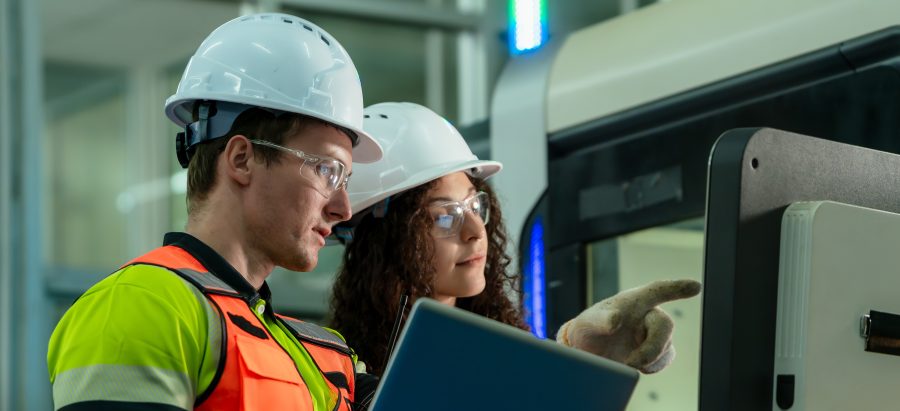Curious about whether an advanced degree is the right fit for you? Want to learn more about Michigan Technological University’s online graduate programs? What sets MTU’s programs apart from the rest? Then, attend one of the 45-minute Third Thursday virtual information sessions from Michigan Tech Global Campus.
These online information sessions, held on the third Thursday of most months, will feature some of Michigan Tech’s most popular online graduate certificates and master’s programs, such as the Tech MBAⓇ. They’ll also highlight new(er) online ones, such as foundational certificates in GIS and Cybersecurity and the manufacturing engineering degrees.
In these sessions, attendees will learn about
- key reasons for earning this certificate and/or degree from Michigan Tech
- the online program’s content, structure, and course delivery
- exciting trends in the discipline and/or field
- important deadlines and program start dates
Advisors will also be on hand to answer questions about admissions requirements and the application process.
Although the sessions are 45-minutes long, the hosts will stay for the full hour to address all your concerns and questions.
First on Deck for Third Thursday: The Online Tech MBAⓇ and MEM Programs.
Join the Global Campus Team on Thursday, March 20, at 11:30 AM (ET). This session will spotlight the online Tech MBAⓇ and the Master of Engineering Management (MEM) programs. The Tech MBA (online and in-person), in fact, is one of the Graduate School’s fastest growing and most respected programs.
The Tech MBA® and MEM have been here awhile. For several years, MTU has offered respected in-person versions of these programs. For instance, the Tech MBA® in its current form (30 credits) began in 2017. Next came the in-person and online versions of the MEM (2020, 2022).
What makes these programs stand out is their accreditation by the Association to Advance Collegiate Schools of Business International (AACSB), an honor bestowed on only 5% of the nation’s business schools. And like their in-person equivalents, the online MBA and MEM programs meet a strict set of standards, ensuring quality in curriculum, rigor, and research.
At this Third Thursday session, Dr. Mari Buche will discuss program details, such as degree plans and flexible course delivery options. You’ll discover which degree equips you with foundational business skills and which interdisciplinary degree best bridges business and engineering.
Next Up for April: The Online MS in Civil Engineering.
Alternatively, drop by on Thursday, April 17, 2025, at 11:30 AM (ET) to dive into the MTU’s popular, respected online master’s degree in Civil Engineering.
What sets this degree apart is its instructional team: professional engineers with decades of practical experience. Also, along with offering two in-demand focus areas–structural engineering and water resources engineering–the program also contains unique, sought-after certificates in both bridge design and timber building design.
At this information session, program experts will unpack how you can stack structural engineering certificates to customize a civil master’s that both builds on your undergraduate degree and strengthens your project management and leadership skills.
You’ll also learn about how you can integrate an asset management certification into your program. Asset management, the science and coordinated activity for the long-term care and maintenance of infrastructure systems, facilities, and other civil assets, is an in-demand skillset.
Visit the Third Thursday Page.
You can also read more about Third Thursdays, register for the online Civil MS event as well as additional upcoming sessions, and join the Global Campus mailing list on the event webpage.

